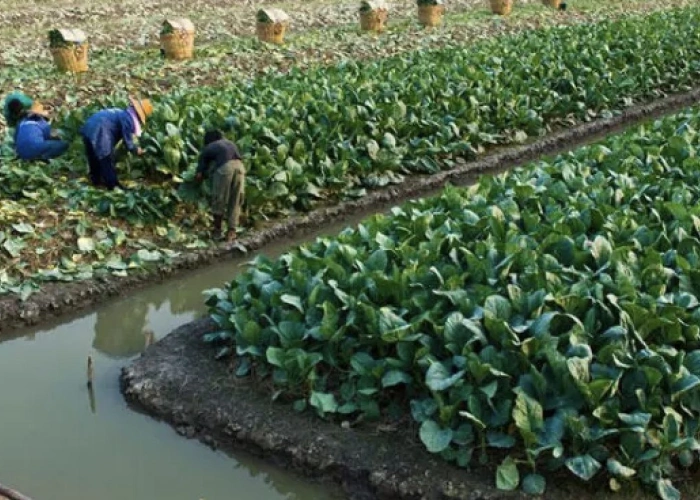Working Group On Use Of Non-Conventional Water Resources For Irrigation

Adapted from the project website
Objectives
The objective of the NCWRI working group is relevant to the mission and purpose of ICID (International Commission on Irrigation and Drainage) and promotes science and technologies in acquiring and managing non-conventional water resources for irrigation in developed and developing countries.
With the rapid development of economy and the increasing growth of population, Shortage of fresh water becomes a global problem. Agriculture is the biggest water consumer nearly accounting for 70% of the total water supply worldwide. Use of Non-Conventional Water Resources for irrigation could meet such fresh water shortage. Non-Conventional waters consist of raw domestic/industrial wastewater, reclaimed water, agricultural drainage water, mining water, harvested rainwater, and brackish/saline groundwater. In many developing countries, a major part of the wastewater generated by domestic and industrial sectors is used for crop production in an untreated or partly treated form. The protection of public health and the environment are the main concerns associated with uncontrolled wastewater irrigation. In other words, the quality of the produced food, the consumer safety and the health of farm workers are of great concern. Other concerns include the salinity and heavy metal accumulation and pollution caused by nutrient leaching. In fact, secondary effluent contains dissolved solids, heavy metals, pesticides and pathogens that might jeopardize sustainable agriculture, groundwater quality, soil quality/ productivity and human health, however, the nutrients contained in such waste water are beneficial for agriculture up to certain concentrations.
It is very important to prevent contamination and reduce contamination risks for NCWRI, therefore, a set of techniques, policies and strategies must be considered in the process of planning, designing, operation and management.